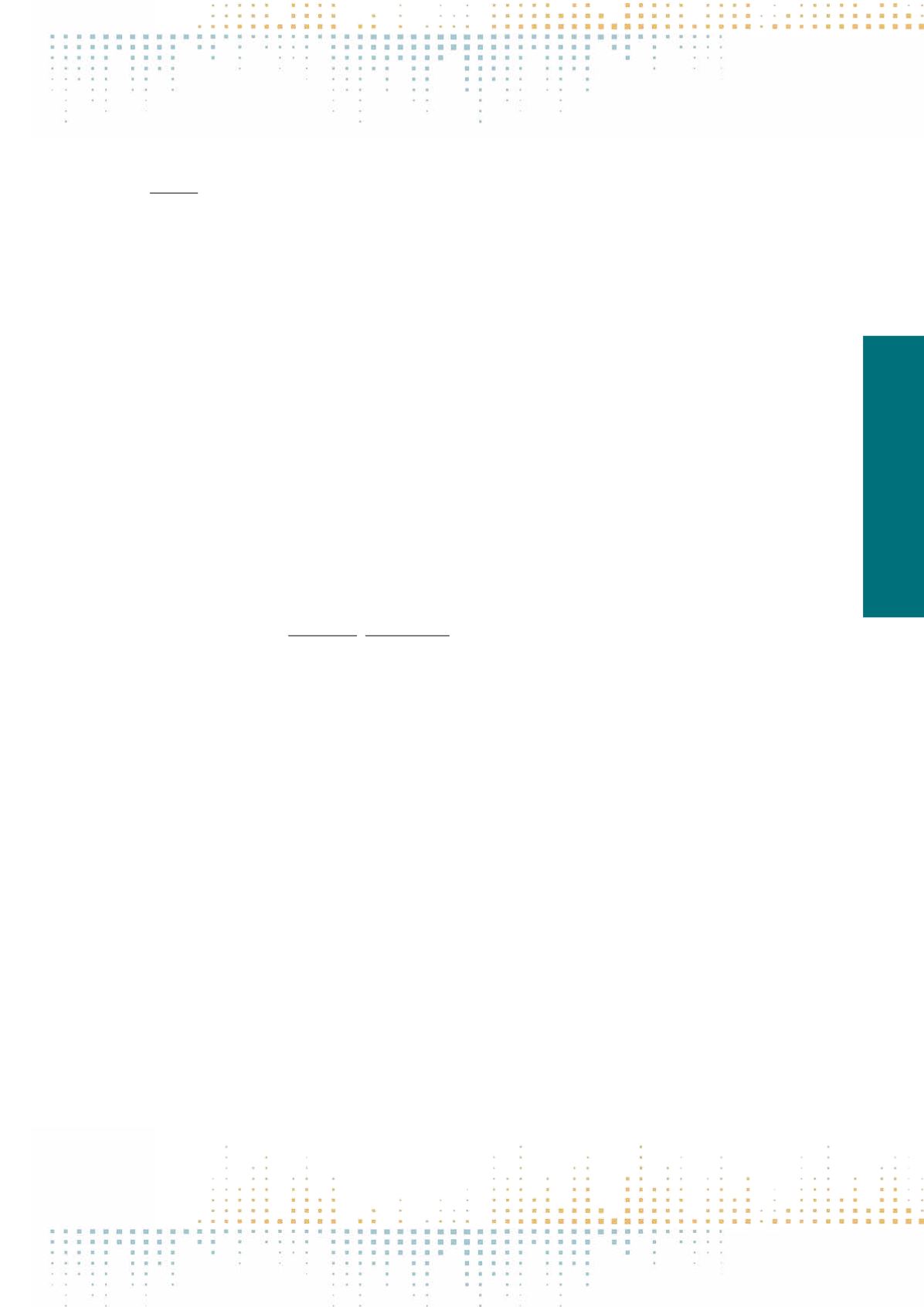

303
Friday, November 11
1 6 : 0 0 – 1 7 : 3 0
PP 404
The Strategic Mobilization of Fear Against Greece in E.U. Institutional Discourse on Immigration: Blame Games, Hate Speech
and Euro-Bullying
M. Dogani
1
, A. Samaras
1
, F. Asderaki
1
1
University of Piraeus, International and European Studies, Piraeus, Greece
More than a million migrants and refugees crossed into Europe in 2015 through the Greek borders, sparking a refugee crisis as E.U. countries struggle to
cope with the influx, and creating division in the EU over how best to deal with resettling people. This division is reflected in the EU institutional discourse
and in its representation on the Press; rising political and social issues are framed in terms of fear. According to its original definition, fear is caused by
the realization of a real threat or imaginary risk (Corey, 2004). Threat is a direct message informing that danger is coming. Is an objective hazardous state.
Risk, on the other hand, is the narration of the possibility to face a hazardous future situation (Fischhoff, 2011). In other words, fear is produced either by
an explicit threat that we are addressed, or by a cognitive process that in reflex warns us of an impending risk. Nation image is‘the cognitive representation
that a person holds of a given country, what a person believes to be true about a nation and its people (Kunczik, 1997:47). A grounded theory approach is
adopted to explore the manner that the nation image of Greece is constructed within the refugee crisis discourse.This research aims to map the employment
of fear, risk and threat in the E.U. institutional discourse and in the statements of the Head of States in the Press in relation to the refuge crisis, to examine
the interconnection between fear rhetoric, hate speech and to explore the development of processes of Euro-bulling. Key questions addressed in this project
are: “Is hate speech employed by certain actors in the rhetorical construction of the image of Greece in relation to the immigration issue? and if so what is
the relationship between hate speech and fear, threat and risk in the context of the refugee crisis discourse?”A mix of qualitative and quantitative content
analysis will be employed on E.U. institutional discourse and in the statements of the Head of States in the Press that revolves around the refugee crisis
and the immigration issue. The analysis period is 9 months (July 2015- March 2016). This paper is part of an ongoing research project of the nation image
of Greece conducted by the Strategic Communication and News Media Laboratory at the University of Piraeus. The theoretical framework of this research
draws from Fear theory, Nation Image, Hate Speech, Bulling and its relation with blame games, as well as from Political Communication and European‑
ization. A range of important normative questions are addressed through this project: Is fear appeal a legitimated communication strategy in the E.U.
institutional discourse? Should Head of States of E.U. member states feel free to fiercely attack within a blame game strategy through Institutional European
discourse? Should elected E.U. state agents be allowed to strongly reject the culture and the European course of specific state members? Should fear, hate
and bulling be part of the communicational vocabulary of the Community states?
PP 405
Ideology, Media and the Social Construction of Reality
T. Velazquez Garcia-Talavera
1
, R. Carniel Bugs
1
, E. Ortega Miranda
1
1
Universitat Autònoma de Barcelona, Periodisme i Ciències de la Comunicació, Bellaterra Cerdanyola del Vallès, Spain
In this contribution ideology is addressed in relation to the aspects of social construction of reality and the contribution of the media to the latter. Partial vi‑
sions of the world as semantic system that shape that speech. Aspects that are taken into consideration are the relationship between sociophenomenology,
semiotics and the social production of the communication speech as a discourse that is ideologically constructed.The discourse of the press about the Other,
and the traces and ideological signs in it, are analyzed in this work by the semiotic and discourse analysis applied to the information in newspapers and
focused on narrative and discursive categories, in order to observe the reading suggestions contained in the information regarding the Other.The results and
reflections presented in this paper come from the research entitled "The social construction of the inter-Mediterranean space and its correlations in the the‑
matic agenda of the media. The information in press and television "(CSO2012–35955), funded by the Spanish Ministry of Economy and Competitiveness
(MINECO) for the period 2013–2016. The sample of the research correspond to the first week of May 2013 of the following diaries: Assabah (Morocco),
Attounissia (Tunisia), El País (Spain), El Watan (Algeria), Le Monde (France), La Repubblica (Italy).



















